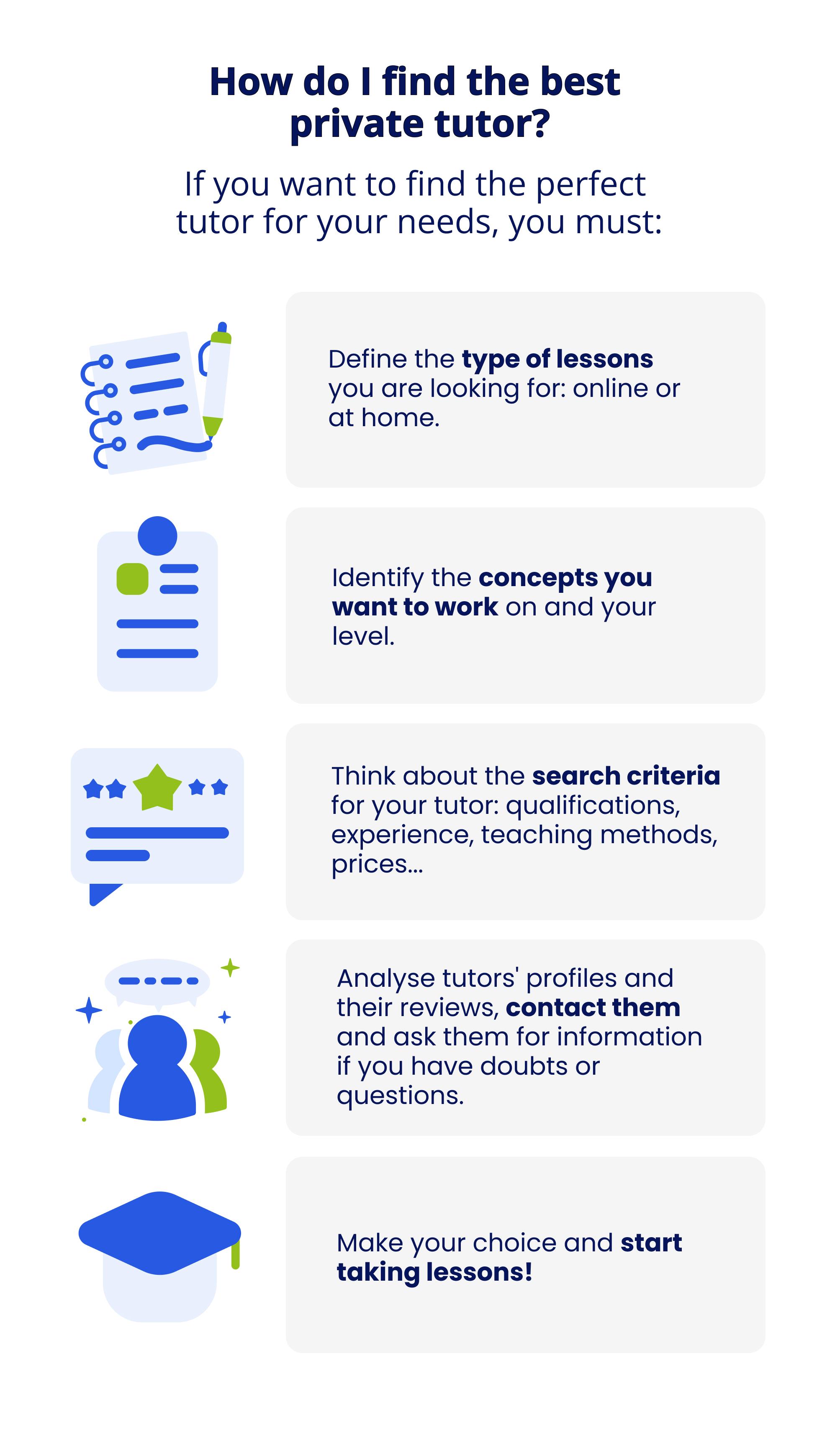- Blog
- Backtoschool
- How to prepare to start your A Levels
How to prepare to start your A Levels
Imagine you are standing at the base of a towering mountain, peering up at the peak shrouded in mist. That mountain is your A Levels, a formidable challenge that will test your academic prowess to the limit. But you don't have to scale these heights alone. Imagine you had a guide, a seasoned veteran who knows the terrain like the back of their hand. That guide is a tutor, a critical resource in your A Level journey.
Now, you might be thinking, "I've gotten this far in my academic career without a tutor. Why do I need one now?" The answer lies in the unique nature of A Levels. Unlike previous exams, A Levels demand a deeper, more nuanced understanding of subjects. A tutor can provide the specialized support you need to master complex concepts and refine your exam skills.
A Level tutor, Jane Britton, is a great example of a tutor who can provide you with all the insights and help you need to ace your exams. Watch our interview with her below to learn her top tips for succeeding in A Level Biology.

Understanding the A Levels
Before you embark on finding a tutor, it's essential to understand what the A Levels entail. Short for Advanced Levels, the A Levels are subject-based qualifications that students in the United Kingdom and other countries take to gain entry into universities. They cover a wide range of subjects, from Maths and Physics to History and English Literature.
Each A Level subject is divided into multiple units, and each unit is assessed through an exam. These exams are usually held at the end of the two-year A Level course. The grades you earn in these exams determine your A Level results, which universities use to assess your eligibility for admission.
What makes A Levels particularly challenging is their depth and breadth. They delve into subjects in much greater detail than previous exams. Plus, they require a strong set of skills, including critical thinking, problem-solving, and effective communication. That's where a tutor comes in – they can help you to develop these skills and apply them to your A Level subjects.

The importance of exam preparation for A Levels
Acing your A Levels is not just about understanding the subject matter. It's also about knowing how to tackle the exams. Exam preparation is a crucial aspect of your A Level journey, one that can make or break your results.
Firstly, exam preparation involves understanding the exam format. Each A Level subject has a different exam structure, with varied question types and marking schemes. A tutor can help you to familiarize yourself with these formats and develop strategies for answering different question types effectively.
Secondly, exam preparation includes practicing past papers. Past papers provide a glimpse into the type of questions you might face in the actual exam. They allow you to apply your knowledge and skills in a simulated exam environment. Your tutor can provide feedback on your answers, helping you to refine your approach and improve your performance.
Lastly, exam preparation involves managing your time effectively. A Levels are a marathon, not a sprint, and pacing yourself is key to success. A tutor can help you to create a study schedule that balances your time across different subjects and leaves ample time for revision and relaxation.
How to find the right tutor for A Levels
Now that you understand the value of a tutor and the importance of exam preparation, the next step is finding the right tutor. This is a key part of your A Level journey, as the right tutor can significantly enhance your learning experience and boost your exam performance.
Firstly, look for a tutor who is well-versed in your A Level subjects. They should have a deep understanding of the subject matter and be up-to-date with the latest syllabus changes and exam trends. You can gauge a tutor's subject expertise by checking their qualifications, years of tutoring experience, and feedback from past students.
Secondly, consider the tutor's teaching style. Do they explain concepts in a clear, engaging manner? Do they use interactive teaching methods to foster active learning? Do they adapt their teaching approach to suit your learning style and needs? The best way to assess a tutor's teaching style is through a trial lesson. This will allow you to experience their teaching firsthand and decide if it's a good fit for you.
Lastly, consider the tutor's availability and flexibility. A Levels require consistent, regular tutoring, so you need a tutor who can commit to regular sessions over the long term. Plus, they should be flexible enough to adjust their schedule to accommodate your needs, such as exam revision or extra help with difficult topics.
Developing an effective exam preparation strategy with your tutor
Once you've found the right tutor, the next step is to develop an effective exam preparation strategy. This will be your roadmap for A Levels, guiding your studies and ensuring you stay on track.
- Firstly, work with your tutor to identify your strengths and weaknesses in each subject. This will help you to prioritize your studies and focus on areas that need improvement. Your tutor can provide diagnostic tests or quizzes to assess your subject knowledge and skills.
- Secondly, create a study schedule with your tutor. This should outline what topics you'll cover in each tutoring session and when you'll revise them. It should also include time for practicing past papers and discussing your answers with your tutor.
- Lastly, discuss exam strategies with your tutor. They can provide tips on answering different question types, managing your time during the exam, and handling exam stress. These insights can be invaluable in boosting your confidence and performance on the big day.


